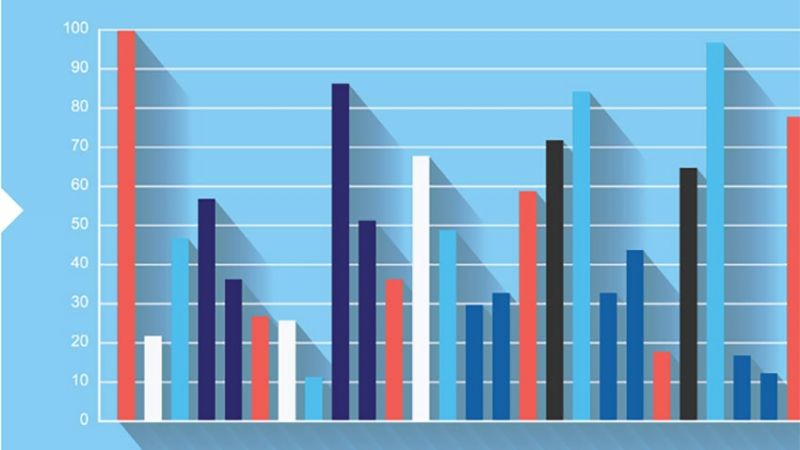If you plan events, trade shows, conferences or seminars for a living, you already know the importance of feedback. After all, feedback is the only way of learning about your target market’s needs and expectations so that you can create marketing plans that guarantee future success. Online surveys can meet the need without tying up your limited resources. There are three primary types of event surveys and you can choose to implement any or all of them, depending on what you need to learn and whether you have time to act on it:
- A Needs Assessment survey can be emailed before the event to determine the attendees’ expectations. With enough lead-time, you’ll be able to source the right speakers, distributors, companies, and sponsors to participate. It will allow you to create dynamic marketing materials that speak to the needs and wants of all your audiences.
- During the event, you can station kiosks with a web survey right on the show floor. It will capture in-the-moment feedback allowing attendees to complete the survey between visiting booths or events. It gives you an immediate snapshot of how well your show is doing and can be used to gauge high and low points during the event.
- Post-event assessments can be emailed to evaluate the effectiveness of individual speakers, gauge the impact of the trade show, define the value proposition for exhibitors and sponsors, as well as rate your overall conference. Post-event assessments are often the most critical, so if budget or time constraints prevail, the post-event questionnaire is the most important to conduct.
The objective of a post-event survey should be to determine whether the business impact of the event met expectations – for attendees, exhibitors and sponsors alike. Many post-event surveys fail to garner appropriate feedback in that sense and instead focus on whether the meals, accommodations, and hospitality events were up to snuff. While that’s great feedback for the event planners, hotels and chefs, it doesn’t do anything to determine whether the attendees, exhibitors, and sponsors found business value – that is whether it was worth their investment of time and resources. And perhaps even more importantly, whether they would participate in the event again next year.
Sample Exhibitor Questions
Trade show exhibitors spend a great deal of time and money creating their display, not to mention hours on the floor. Their feedback can not only help your event but will help them consider the effectiveness of their own participation.
- Were the attendees the right level of decision-makers for their product or service?
- Did the event structure give them ample time to interact with attendees?
- What were their primary objectives for the event (general awareness, lead generation, networking) and did they met their objectives?
- Was the location of their booth suitable for generating traffic?
Sample Speaker Evaluation Questions
Your speakers are likely the “draw” to bring attendees to your event in the first place and you’ll need to learn whether they fulfilled the expectations of the attendees.
- Was the promoted topic was delivered as promised?
- Was the speaker engaging in their delivery?
- What were the participant’s objectives in attending the session (inspirational, knowledge, hands-on, how-to etc) and did the speaker meet those objectives?
- Did the speaker include the right level of detail for the participant’s knowledge level?
- What topics would they like to have seen covered or questions answered?
- Can the information be translated into the participants business?
Sample Sponsor Evaluation Questions
Sponsors often pay the freight of the entire event by underwriting costs of meals, breaks, awards, etc. It’s this group that is likely the most critical in determining whether they saw business value for the event because if not, they will view the cost as a donation, rather than an investment.
- Did the event venue provide appropriate recognition for their sponsorship? (Podium time, signage, on-stage recognition, etc)
- Did the sponsor find value in the networking opportunities
- Were the attendees the right level of decision-makers for their product or service?
- Did the event structure give them ample time to interact with attendees?
- What were their primary objectives for the event (general awareness, lead generation, networking) and did they met their objectives?
Sample Participant General Questions
Overall, all components of the event combine to form an impression for participants. Their combined impression is the yardstick by which they will remember and evaluate the conference, not the individual components (and certainly not the meals and hotel rooms).
- What were their primary objectives for the event (knowledge, skills, networking) and did they meet their objectives?
- If their objectives were unmet, what could event organizers have done differently?
- Was the location of the event suitable for them (in terms of travel time, convenience, etc.)
- Of other events they have attended (with similar objectives) how does this event compare?
- If the event were held again, would they participate in the again, or recommend it to a colleague?
Learn more about gathering key data from your attendees here.






